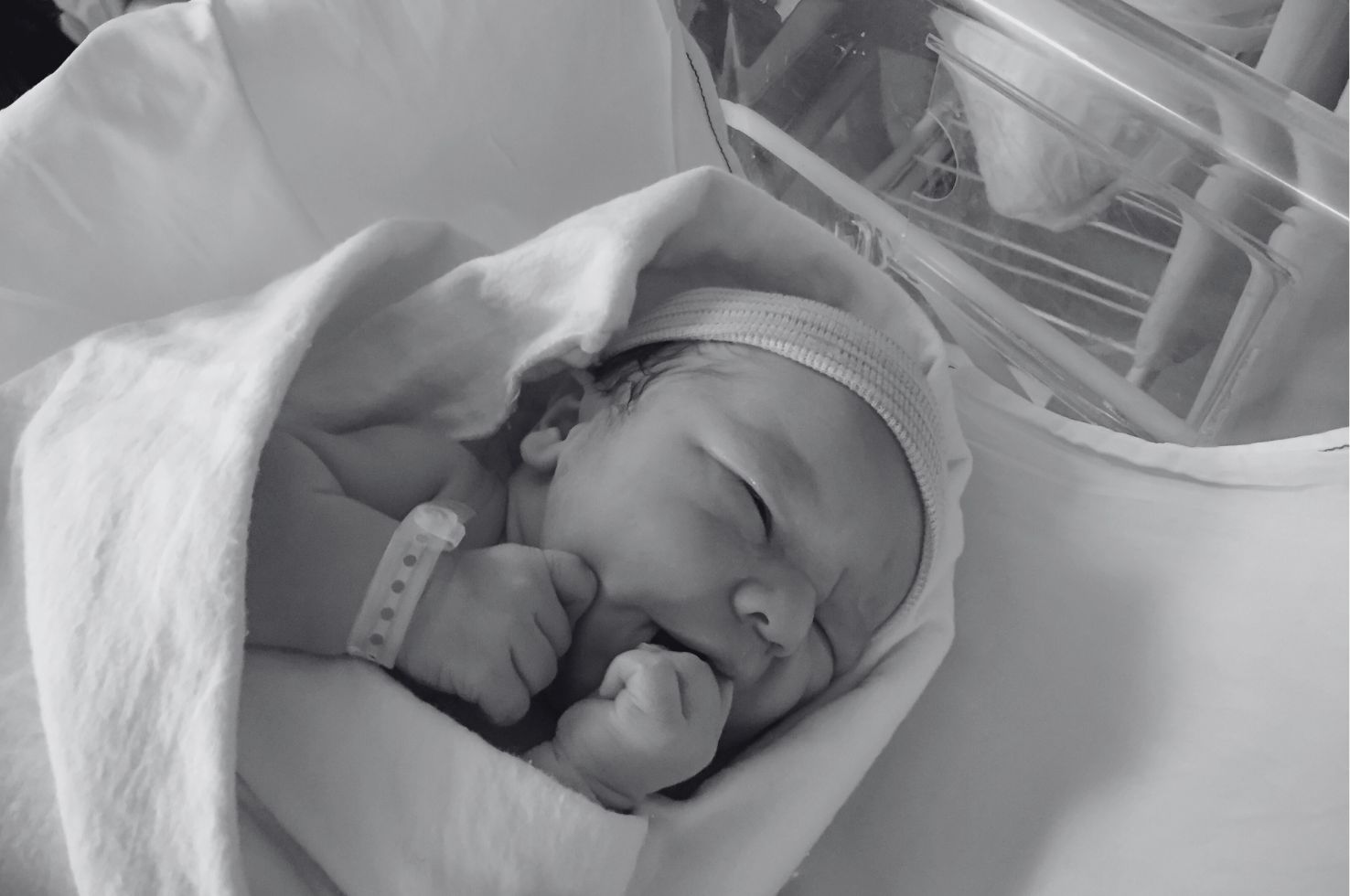Efficacy of a Vibrating Crib Mattress to Reduce Pharmacologic Treatment in Opioid-Exposed Newborns: A Randomized Clinical Trial

Newborns with prenatal opioid exposure present with symptoms and dysregulated behaviors of the central and autonomic nervous systems that are commonly attributed to neonatal opioid withdrawal syndrome. Pharmacologic agents (e.g., morphine, methadone) are often used to treat newborns with prenatal opioid exposure, despite known adverse effects on neurodevelopment.
To reduce the consequences of in utero opioid exposure that may be exacerbated by pharmacologic treatment, investigators, including lead investigator Elisabeth Bloch-Salisbury, PhD (Visiting Associate Professor of Psychiatry), with James Wilson, PhD (Adjunct Assistant Professor of Psychiatry), and Sue Beers, PhD (Emeritus Professor of Psychiatry), tested whether the use of a stochastic (random) vibrotactile stimulation crib mattress could reduce the severity of withdrawal symptoms and dysregulated behaviors in newborns with prenatal opioid exposure, resulting in less pharmacotherapy throughout the infant’s hospitalization. In a randomized clinical trial, 208 newborns with prenatal opioid exposure received either treatment as usual or standard care plus a specially designed vibrating crib mattress.
In a study published in JAMA Pediatrics, the investigators reported that daily stochastic vibrotactile stimulation reduced the likelihood that an infant would be treated with morphine. There was a 50% reduction in morphine treatment for infants who received the vibratory intervention on average 6 hours per day. In addition, among infants with pharmacologically managed care who completed morphine treatment within three weeks, those receiving stochastic vibrotactile stimulation had fewer treatment days and a lower dosage of morphine than those receiving treatment as usual.
“There is a critical clinical need for nonpharmacologic interventions to treat this vulnerable population of infants,” said Dr. Salisbury, the paper’s lead corresponding author. “Our study is the first randomized clinical trial to examine the efficacy of stochastic vibrotactile stimulation as a complementary treatment for newborns with prenatal opioid exposure. Findings that stochastic vibrotactile stimulation reduced pharmacotherapy has implications for reduced hospitalization stays and care costs, and for improved outcomes, given the known adverse effects of morphine on infant development.”
Efficacy of a vibrating crib mattress to reduce pharmacologic treatment in opioid-exposed newborns: A randomized clinical trial
Bloch-Salisbury E, Wilson JD, Rodriguez N, Bruch T, McKenna L, Derbin M, Glidden B, Ayturk D, Aurora S, Yanowitz T, Barton B, Vining M, Beers SR, Bogen DL.
JAMA Pediatrics. Published online May 15, 2023. doi:10.1001/jamapediatrics.2023.1077
